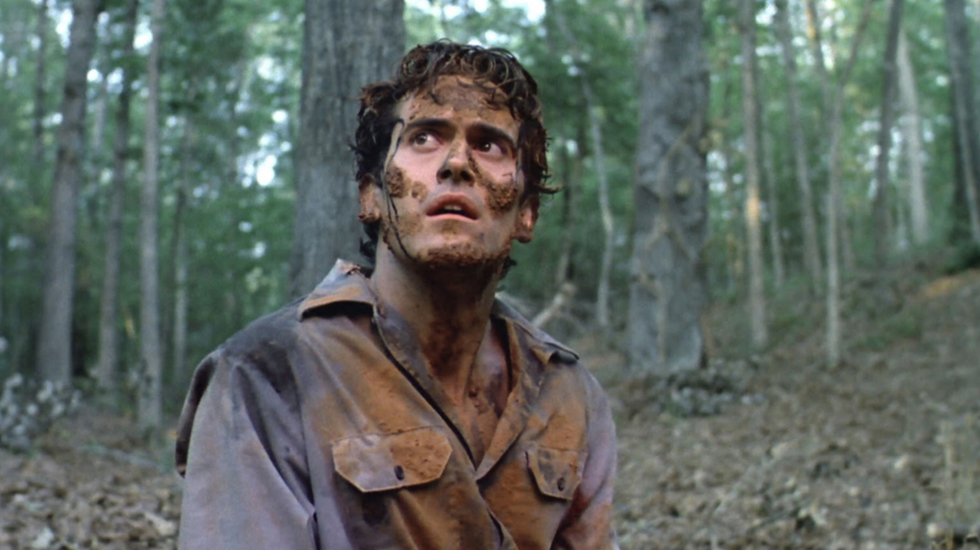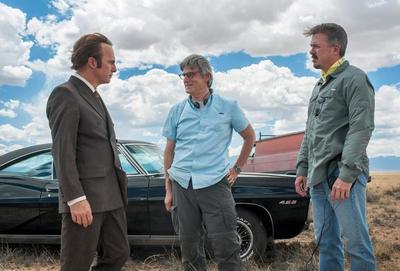
BY ZACHARY WIGON |
Racking Focus: 'The Evil Dead' TV Series And Malleable Content
What Starz's ordering of a series sequel to the famous film series augurs.

We were met, earlier this week, with the exciting news that Starz has ordered a TV series sequel to Sam Raimi's Evil Dead film franchise, which Raimi himself will work on. Only a few weeks ago we learned that David Lynch and Mark Frost will be returning Twin Peaks to TV, this time to Showtime, for a third season. TV—a medium whose borders with web series are becoming increasingly porous—has made the continuation of a narrative storyline across long, long stretches of time to be facilitated with relative ease. It's important to note that these series are not reboots, but continuations of a story that originated some time ago—Twin Peaks premiered in 1990, and the first Evil Dead film was released in 1981.
It seems as if licensing an old movie or series that has merit, for an update, might not be the worst way for an aspiring independent filmmaker with some capital to try to create a successful project.
For every Twin Peaks or Evil Dead, however, there are tons of interesting titles or other intellectual properties that contain some latent potential that is as-yet-untapped. In the case of the above series, the original creators are coming on board for the new installments, but what about old films or TV series that no one is interested in, or better yet, that some fans admire, but have no major interest from corporate media entities? Though the idea may once have seemed rather outlandish, given the oddness of it, it seems as if licensing an old movie or series that has merit, for an update, might not be the worst way for an aspiring independent filmmaker with some capital to try to create a successful project.
As content distributors increase in number and fan bases become more targetable with digital marketing practices, I suspect that we'll see an increasing proliferation in series, TV, web-based, or otherwise, that have cult followings, like the two series mentioned above. There's something extremely attractive about this kind of situation from a distributors perspective, since, due to the densely clustered nature of a cult audience (as opposed to a more generic, mainstream audience, which tends to be spread out over a wider terrain of media diet), it's possible to saturate the majority of the series's potential audience with a relatively small ad spend. If there's one major takeaway from the brave new world of content distribution, it's that a long tail-esque effect is taking root in which there are more content options available, and therefore hit shows tend to have, more often than in the past, small, devoted bands of viewers as opposed to larger viewerships that are less enthusiastic.
If there's one major takeaway from the brave new world of content distribution, it's that a long tail-esque effect is taking root in which there are more content options available.
Which is all to say that there are plenty of future TV series to be made out of various cult novels and movies lying around out there, some of which are surely being developed by their creators, but others of which are probably doing little more than gathering dust on a bookshelf, quite literally. It's not always simple to determine who owns the rights to what project, but for an enterprising filmmaker or TV creator, finding a malleable piece of content that could fit with their own artistic desires could be an intelligent way to get a leg up on the competition in the world of TV development.

